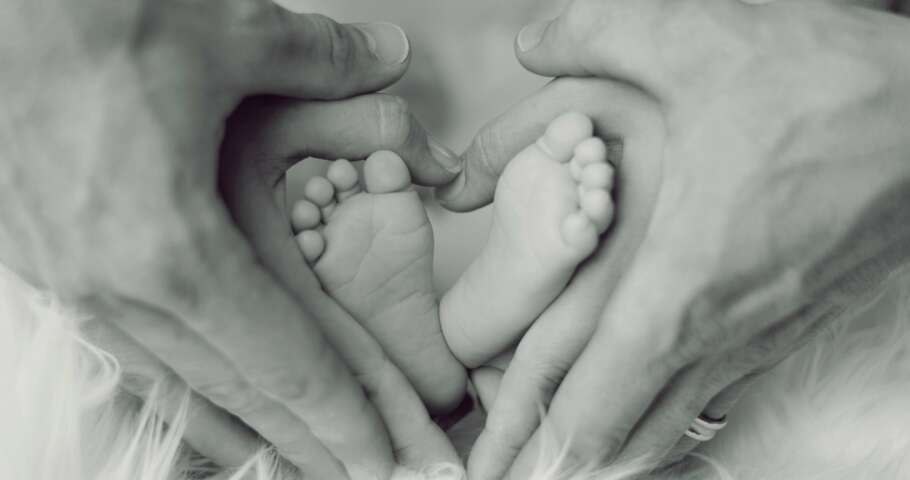When parties enter a marriage or civil partnership they voluntarily decide to form a union; they intentionally enter a contract with the knowledge that it gives rise to obligations. Parties who enter a cohabiting relationship enter no such contract or voluntary union. Cohabitation is viewed quite differently to marriage, particularly in the eyes of the law.
The phrase “common law marriage” is a very big misconception and does not exist regardless of how long a couple have been together.
Upon breakdown of a marriage or civil partnership, there is an array of statutory powers found in the Matrimonial Causes Act 1973, Civil Partnership Act 2004 and the Marriage (Same Sex Couples) Act 2013. The way in which financial matters upon divorce or dissolution are dealt with is identical for all three pieces of legislation.
When cohabitation relationships break down, the court has very limited discretion.
The only claims available to cohabitees derive from contract law, law of trusts and property. It is possible for couples to choose to enter into a Cohabitation Contact. Providing the contract has been drawn up during or after separation and it deals with regulation of finances and property rights, it is likely the court will uphold the contract. This is a relatively modern change in the law following Radmacher v Granatino [2010].
In relation to property, cohabitees can enter into a Declaration of Trust. This document defines the couples’ beneficial ownership and confirms how they would like their share in the property to be dealt with in the event that their relationship breaks down. If this document does not exist, the parties have to revert to trust principles. The Trusts of Land and Appointment of Trustees Act 1996 is the piece of legislation that deals with this.
When the court is making decisions in relation to financial matters for spouses and civil partners the principle of fairness applies. In contrast, claims made by cohabiting couples are strictly interpreted and evidence is required. If there is no evidence, then it is necessary to rely on case law.
– What about children? –
Children born within a marriage or civil partnership are automatically treated as ‘legitimate’ children and both parents automatically have parental responsibility (PR).
Where children are born outside of marriage or civil partnership, these children are deemed ‘illegitimate’. Whilst this term can be seen as archaic, particularly in today’s modern society, in its simplest form the word translates to:
The condition before the law, or the social status, of a child whose parents were not married to each
other at the time of his or her birth.
For children born outside of marriage the mother will automatically have PR for the child but the father will not. An unmarried father can acquire PR by:
- Being named on the birth certificate (applicable only to registrations after 1 December 2003)
- By entering into a parental responsibility agreement with the mother;
- By applying to the court for a PR order; or
- Being named in a Child Arrangements Order as to living.
Stepchildren within a marriage who are treated as a ‘child of the family’ can be financially supported by way of child maintenance if the marriage has ended. In contrast, there is no mechanism for stepchildren to be financially supported by the non-biological parent following breakdown of a cohabiting relationship.
The Child Maintenance Service is available only to biological parents so there is no fall back to the CMS for cohabiting stepparents to seek financial assistance.
It is possible to apply to the court under the Matrimonial Causes Act 1973 for children and stepchildren when dealing with the finances following breakdown of a marriage. For civil partners their remedy is the Civil Partnership Act 2004.
For Cohabiting couples who have biological children it is possible to seek financial relief using Schedule 1 of the Children Act 1989 but this usually only applies where income, capital and property are plentiful.
Children are the first consideration of the court when considering asset and income distribution.
If “top up” maintenance is required for say school fees, married parents are able to include this as part of their financial remedy application. Cohabiting parents would need to make a separate application for this additional form of child maintenance.
As you can see the consequences for cohabitants are very different to spouses and civil partners in relation to financial matters and children matters upon separation.
If you require any further information in relation to the topics raised, please contact a member of the family team for an initial discussion.




